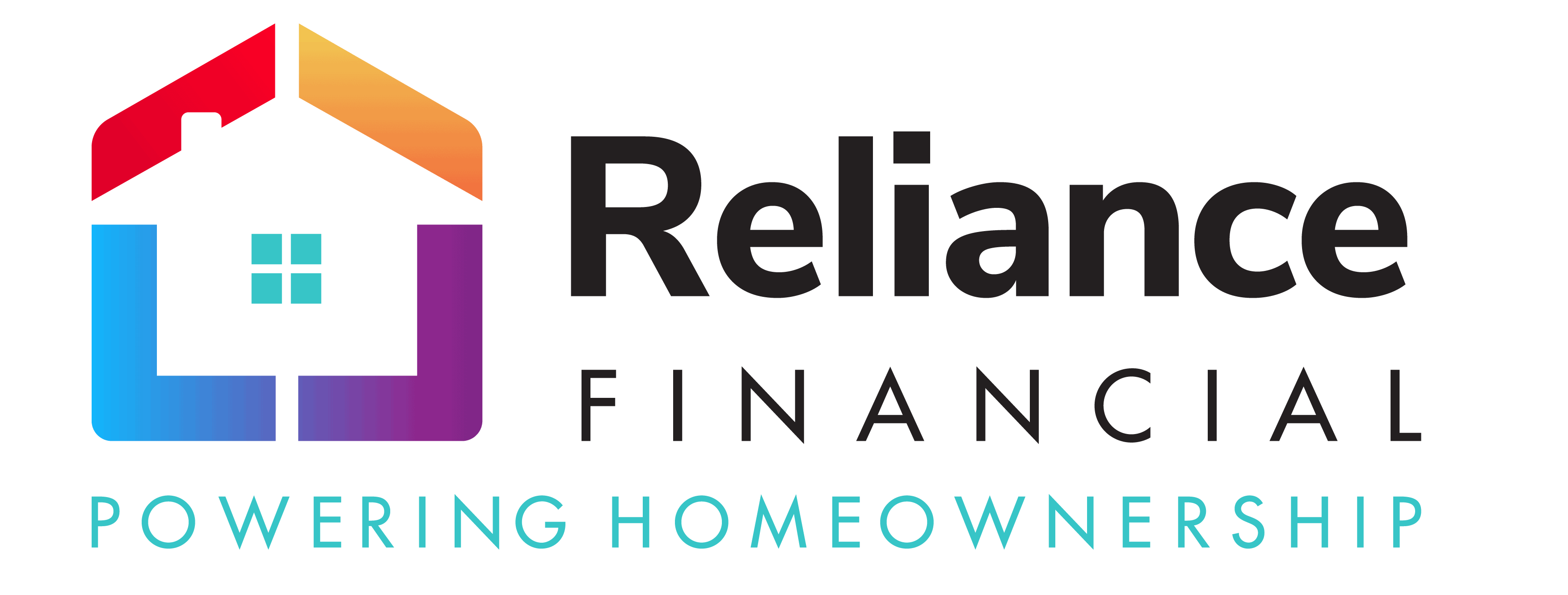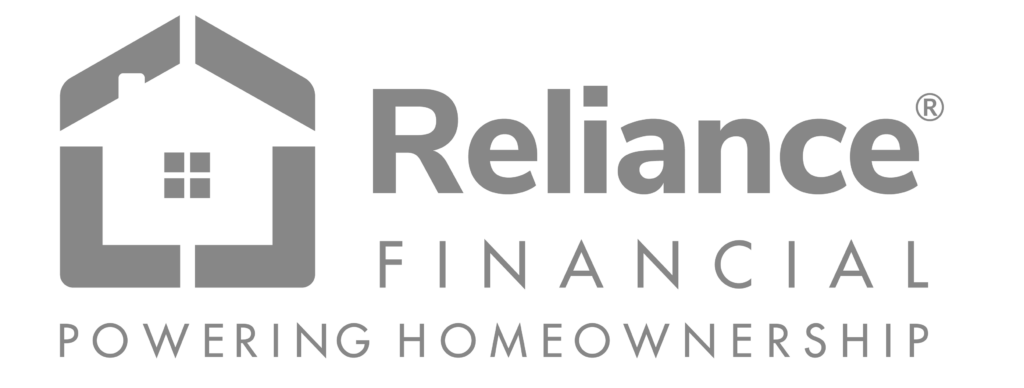The American dream of owning your own home is an aspiration shared by many across the nation. However, for first-time homebuyers, navigating the complex processes of securing, financing, and purchasing property can seem daunting. In the pursuit of making homeownership dreams come true, especially for those stepping into the realm of real estate for the first time, Loans For First Time Home Buyers in the United States stands as a beacon of support and opportunity. Our mission is driven by the belief that everyone deserves a chance to turn their aspirations into concrete reality, so let’s dive in and help you secure your dream home.
The real estate market in the United States holds a wealth of promise, characterized by competitive median home prices and mortgage rates across numerous regions. Understanding the significance of these regional differences becomes pivotal, given their role in shaping the dynamics of local markets. Nationwide, a plethora of diverse loan programs come into play, providing tailored assistance to those taking their first steps into homeownership. These initiatives present enticing benefits, including the likes of reduced down payments and interest rates, all designed to support and empower first-time buyers.
Eligibility criteria differ across loan types but generally evaluate creditworthiness, income stability, cash reserves, and other factors indicating one’s readiness for homeownership. While requirements vary, those new to home buying can educate themselves on available options through counseling services and government housing authorities. Through thorough research and preparation, first-time homebuyers can prepare themselves for successfully applying for and securing favorable financing.
Why Does Homeownership Matter?
The timeless adage “there’s no place like home” truly encapsulates the sense of stability and comfort that comes with owning your own space. In addition to these emotional rewards, there are many practical benefits as well:
- Building Equity: Paying your monthly mortgage builds up ownership value over the years, which renting doesn’t do. When you sell your home, you can access this built-up value.
- Tax Benefits: Mortgage interest and property taxes can be deducted from federal and sometimes state income taxes.
- Appreciation: Real estate in desired areas tends to appreciate over decades, building wealth for homeowners.
- Customization: Owners can freely customize or renovate their homes to suit their personal tastes.
- Stability: Homeowners are shielded from unexpected rent hikes or evictions, providing housing stability.
For a lot of people, owning a home means they can live where they really want to and also build up their money through ownership value. This makes it a great goal for the long run.
Who Qualifies as a First-Time Homebuyer?
First-time homebuyer status is defined as someone who has not owned and occupied a home in the past three years. This includes:
- New homebuyers purchasing their first property.
- Previous owners who have not owned a home recently.
- Homemakers who were displaced returned to the job market following a divorce or other events.
- Single parents who give their dependents their first home.
The U.S. Housing Market – Current Trends
The current U.S. housing market displays mixed trends. Experts have different opinions about what will happen to house prices. Some think they might go down because fewer people wanted to buy houses and loan rates were higher. Others think the market will keep doing better than expected.
- The national average 30-year fixed mortgage rate was so far in the low range of 7% through 2023, but fell to 7.18% in late August, according to mortgage buyer Freddie Mac.
- Additionally, the median price of existing homes will exceed the $400,000 threshold for the first time in 2023, reaching a remarkable $410,200.
- In contrast, the monthly number of existing home sales saw a 3.3% decline, which affected all primary regions of the United States.
Federal & National First-Time Homebuyer Programs In The U.S.
Various programs at the national level provide support tailored to first-time buyers:
- FHA Loans: Federal Housing Administration mortgages require just a 3.5% down payment and have more flexible credit requirements than conventional loans. They can assist buyers with limited funds saved for a down payment.
- VA Loans: These provide 100% financing to military members, veterans, and eligible spouses. No down payment or monthly mortgage insurance is required.
- USDA Loans: For moderate-income buyers in rural communities, USDA guarantees home loans requiring no down payment and offering competitive rates. Eligible areas can be checked via the USDA property eligibility tool.
The above options help eligible first-time buyers overcome obstacles like affordability constraints and limited credit history to purchase their first home.
State & Local First-Time Homebuyer Programs
In addition to federal options, many state and local governments administer specialized assistance for their residents:
- State Housing Finance Agencies: These offer down payment assistance funds, mortgage tax credits, and favorable lending options through first-time buyer programs available in your state.
- Local Governments: Cities, counties, and towns may have grants, subsidized loans, and closing cost assistance for community members buying their first home locally.
- Non-profit Organizations: Some non-profits have homebuyer education courses, counseling, and down payment assistance grants available regionally or nationwide.
- Municipal Employee Programs: First-time buyer incentives like discounted properties or subsidized mortgages may be offered to teachers, police officers, firefighters, and other public employees.
Researching state and local options where you wish to live can uncover additional affordable financing resources unique to the area.
Eligibility For First-Time Homebuyer Loans
While specific qualifications vary, the following are typical eligibility standards potential buyers must meet:
- Documented first-time homebuyer status
- Income is typically between 80-120% of the local median.
- Minimum credit score of around 620
- Stable employment history
- Sufficient savings for the down payment and closing costs
- Monthly housing costs below 28-50% of gross income
- No recent bankruptcy or foreclosure
- U.S. citizenship or lawful residency status
- Completion of homebuyer education course
- Ability to provide required documentation
Meeting these conditions demonstrates readiness for the financial responsibilities of homeownership.
Types Of First-Time Home Buyer Loans
Understanding the different categories of first-time buyer loans allows for identifying the most suitable options:
- Low Down Payment Loans: Require between 3-5% down, improving affordability during the home purchase. FHA, VA, and USDA loans fall into this category.
- Subsidized Loans: Offer below-market-rate interest rates and down payment assistance via government agencies to help with affordability.
- Forgivable Loans: Provide funds that do not need repayment if the borrower resides in the home for a set period, usually 5-15 years.
- Fixed Rate Mortgages: Fixed Rate Mortgages have an interest rate that stays the same over the full loan term, commonly 30 years. This provides payment predictability as the monthly principal and interest payment does not change.
- Adjustable Rate Mortgages: Adjustable Rate Mortgages initially start with a fixed introductory rate for the first 3-10 years then convert to a variable rate adjusting periodically to market conditions. The interest rate and payment amount can go up or down over time.
- Conventional Loans: Conventional Loans conform to standards set by Fannie Mae and Freddie Mac. They usually require a down payment of at least 5-20% and have strict credit scores and debt-to-income requirements.
- Non-Conventional Loans: Non-Conventional Loans are programs not conforming to conventional lending standards. Examples are FHA, VA, and USDA loans which allow lower down payments and more flexible qualifying guidelines to increase affordability.
- New Construction Loans: Designed specifically for purchasing a newly built home, this differs from existing homes in aspects like appraisal methods.
You can select the loan that suits your budget, property choice, and financial situation by considering the options mentioned above.
Tips For Obtaining First-Time Homebuyer Loans
Follow these tips when seeking out the optimal first-time home loan:
- Check your credit score – Aim for at least 660 or higher before applying.
- Reduce debt – Pay down credit cards, auto loans, student loans, and other debt to lower your debt-to-income ratio.
- Save for a Down payment – Shoot for 20% of the purchase price, but some loans allow as low as 3%.
- Get prequalified – Obtain a prequalification letter from a lender to confirm you can get a loan.
- Attend homebuyer education – Many programs require completing a counseling course.
- Research loan options – Identify loans fitting your budget and property type, such as condos or new construction.
- Submit documentation – Gather pay stubs, tax returns, bank statements, and other needed paperwork.
- Apply to multiple lenders – Compare rates and terms from different lending sources.
- Act fast once approved – Speed up your home search and offer once your loan is cleared.
With proper diligence, first-time buyers can secure favorable financing terms to transition from renting to owning their first home.
Final Notes
As your trusted mortgage advisor, Reliance Financial makes homeownership attainable for first-time buyers. Our experienced loan officers simplify the process by explaining your financing options and helping you qualify for programs tailored to your financial needs. We offer guidance through every step of the mortgage process to help set you up for success
Reliance Financial pairs our localized expertise with dedicated customer service so you can navigate the home-buying journey with confidence. We share your enthusiasm for this milestone. With our support and advice, your dreams of homeownership can become a reality. Contact Reliance Financial today to start financing your future.
Frequently Asked Questions About Loans For First-Time Home Buyers In The United States
Q1. How do I qualify as a first-time homebuyer?
You qualify if you have not owned and lived in a home as the main occupant over the past 2-3 years. First-time status must be documented and submitted during the loan application process.
Q2. How much do first-time homebuyers typically pay as a down payment?
While 20% down is ideal, many first-time homebuyer loans allow down payments from 3-5%, making homeownership more achievable. Gift funds from relatives and down payment assistance programs can help reduce the amount you need to save.
Q3. What FICO credit score is recommended for first-time homebuyer loans?
A credit score of at least 660 is recommended for favorable loan approval terms, though requirements range between 620-700 depending on the lender and loan program. Building your score through responsible credit use before applying will expand your financing options.
Q4. Where can I find information on first-time homebuyer programs in my state?
Your state’s housing finance authority website will have details on local programs, incentives, and participating lenders. Many non-profits also consolidate information on first-time buyer resources state-wide.
Q5. Are there grants available to help first-time buyers with down payments and closing costs?
Yes, many state and local governments administer down payment and closing cost grant programs for qualifying residents buying their first home. These provide funds that do not need to be repaid. Research programs in your preferred housing market.









